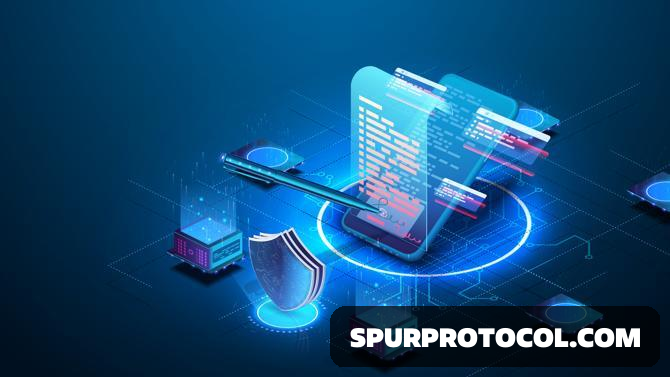What Are Smart Contracts?
Smart contracts are a type of digital contract stored on a blockchain or distributed ledger technology. When a set of predetermined actions or functions have occurred, smart contracts activate automatically. Once activated, smart contracts are usually irreversible but still trackable.
Go Back

🕒 7:29 PM
📅 Oct 16, 2025
✍️ By chrison2
Smart contracts, sometimes incorrectly referred to as a “Dapp”, can be defined as a computer program or transaction protocol designed to run automatically after a set of predetermined conditions have been met. Smart contracts do not contain any legal wording or binding contractual obligations. Rather, they are computer “scripts” designed to facilitate transactions without the use of a third party.
How Do Smart Contracts Work?
Smart Contracts work by exploiting one of the simplest computer programming techniques known to almost all coders and software engineers, the “if” statement. Essentially, statements following the logic “if…then” are coded into a blockchain. This means that a network of computers executes an action(s)/transaction(s) (for example, the exchange of payments) “if” a set of predetermined actions has taken place (for example, two traders have both sent their trades). The blockchain, where this transaction has taken place, is then updated when the transaction is completed. As per the blockchain and its cryptographic technology, this means the transaction cannot be changed and only those with permission can see the results. As you might expect, a smart contract can contain as many “if…then” conditions as needed to satisfy the security obligations of a particular transaction. However, it’s important to have a team of trusted developers and solid overall governance of the blockchain system because this will affect exactly how the smart contracts and the network are initially constructed and later executed.
Smart Contract Examples and Applications?
As you can imagine, there are quite a few examples and applications that have been developed with smart contracts in mind, some of the most innovative are:
Construction Outlets and franchises have started using blockchain smart contracts to resolve disputes with vendors via real-time communication and increased transaction visibility (due to the public nature of the blockchain) on the supply chain.
International Finance hubs and organizations are using large-scale blockchain networks with smart contracts, to establish the safer, more efficient, and cheaper trading of financial assets and money.
Healthcare Organizations, in countries that have private facilities or partially subsidized healthcare, have proposed the of use smart contracts to offer faster and more secure ways for hospitals and insurers to share patient information and distribute results.
